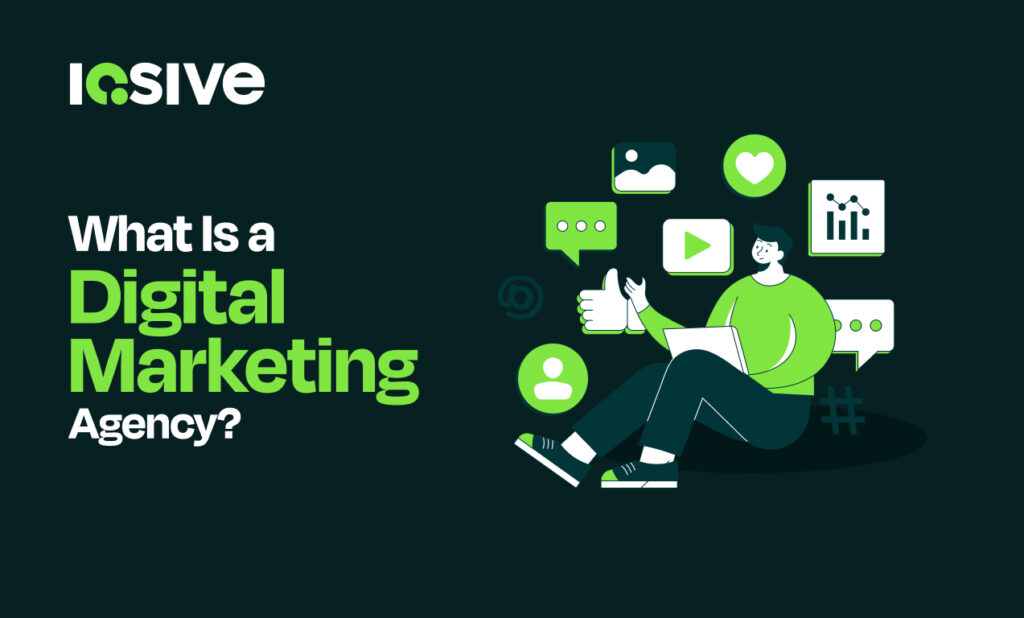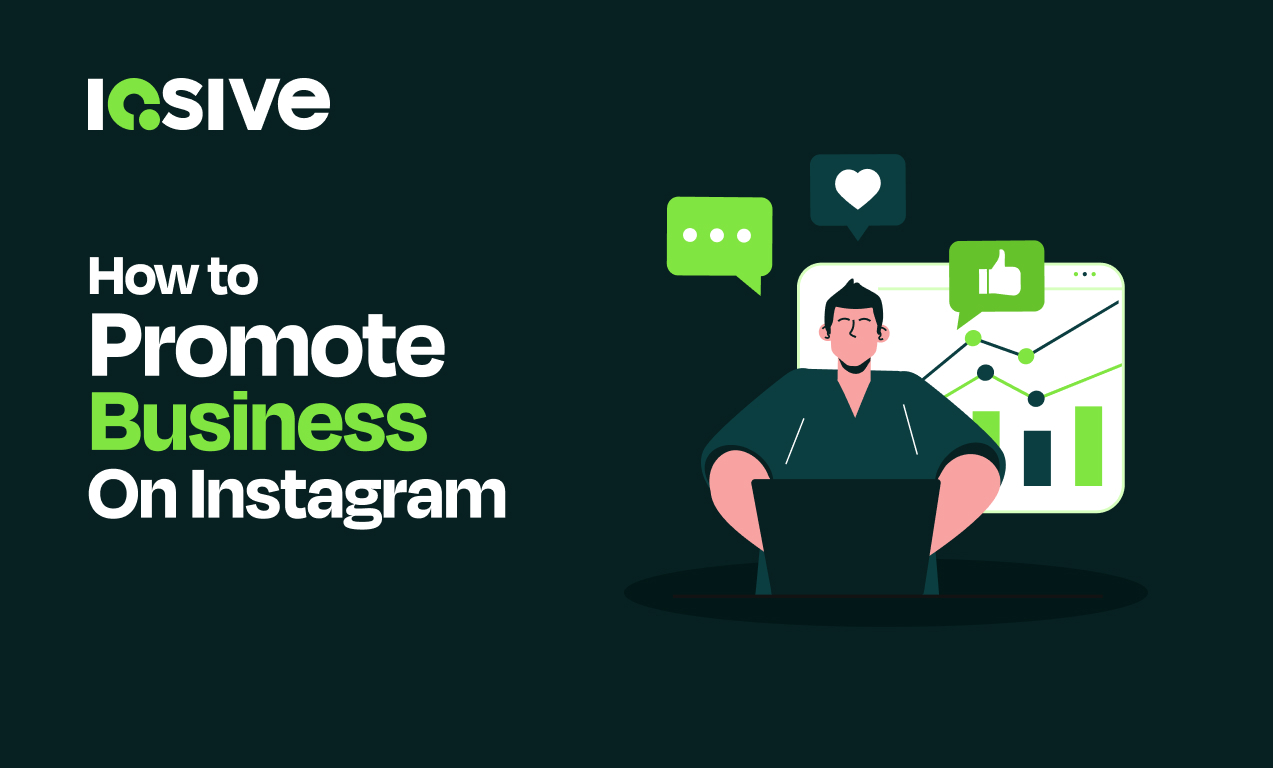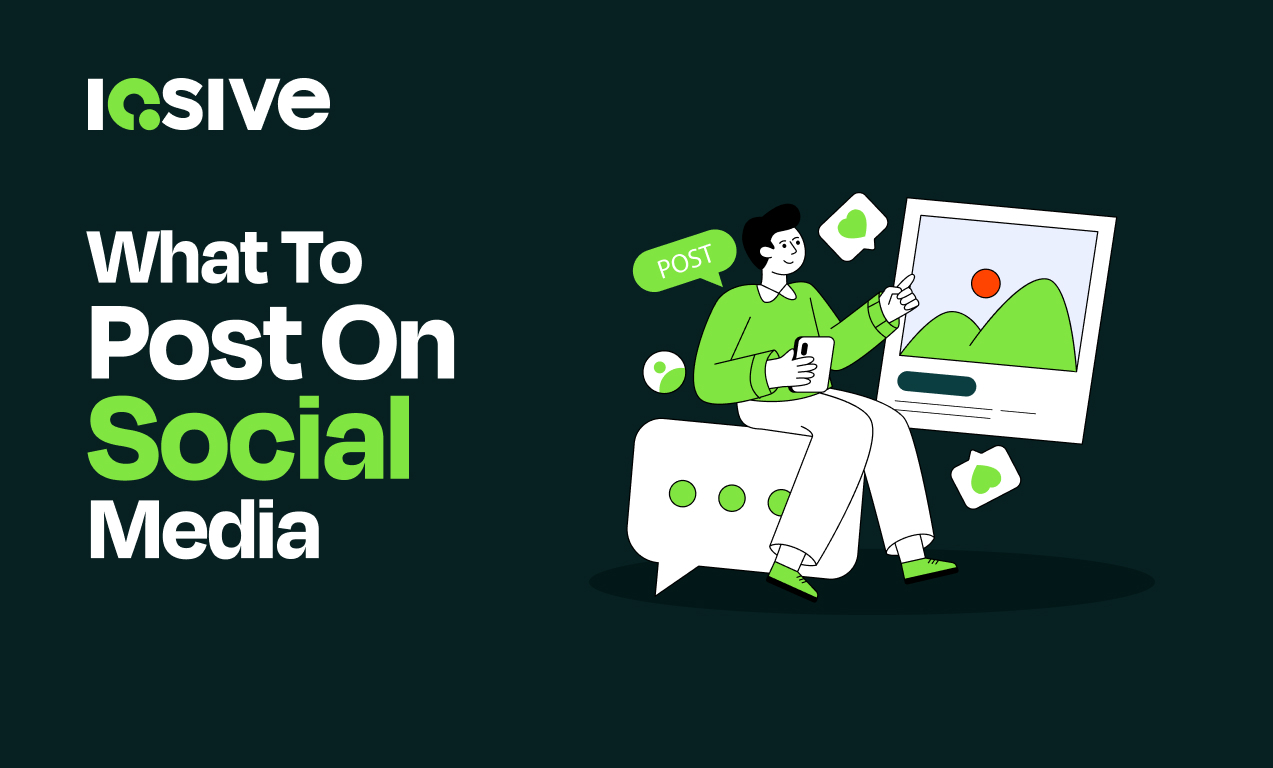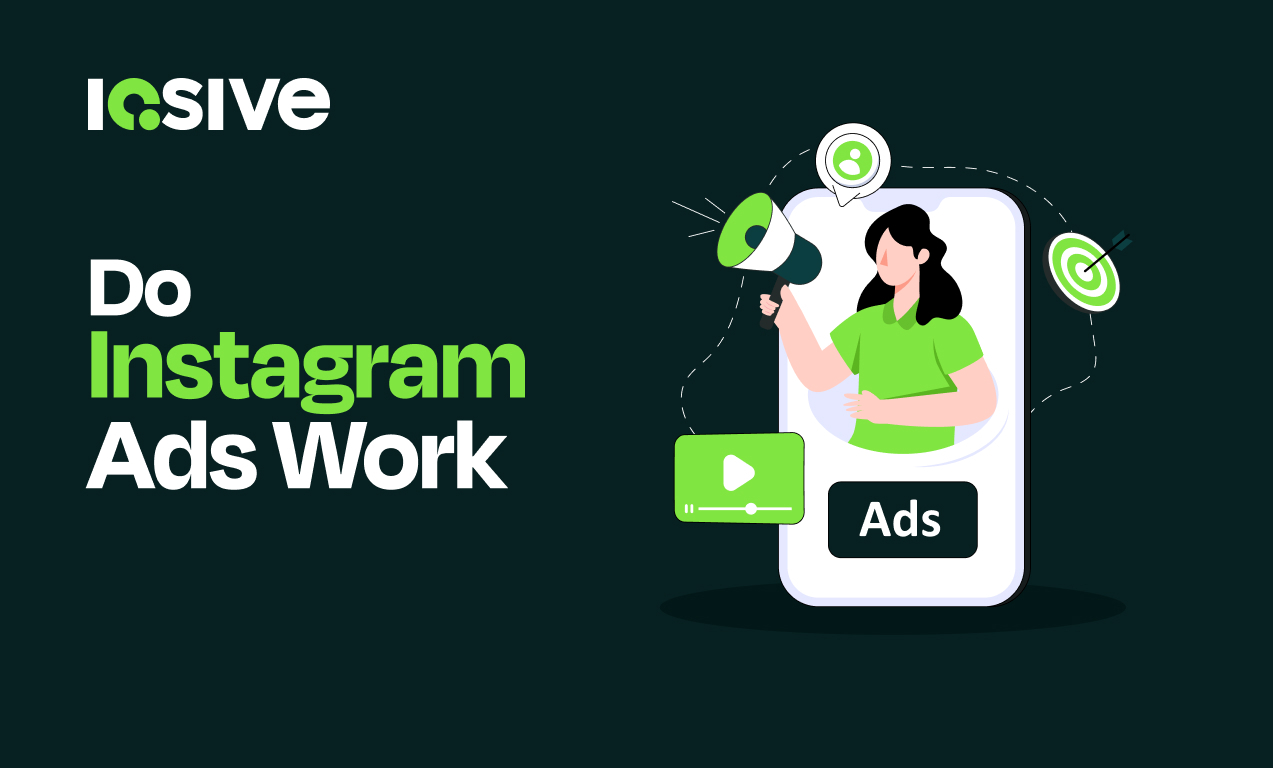In today’s competitive online landscape, businesses of all sizes rely heavily on digital marketing to reach and engage their target audience. But executing a successful online strategy requires time, resources, and specialized expertise. This is where digital marketing agencies come in. These agencies are strategic partners that help brands build their digital presence, drive traffic, convert leads, and ultimately grow revenue. This guide explains exactly what a digital marketing agency does, the services they offer, why they’re crucial for modern business success, and how to choose the right one for your goals.
Understanding the Role of a Digital Marketing Agency
Definition and Core Functions
A digital marketing agency is a company that provides a range of services designed to help businesses promote their products or services online. Unlike internal marketing teams, these agencies specialize in executing strategies across multiple digital channels such as search engines, social media, email, and websites. Their core functions typically include strategy development, campaign execution, performance monitoring, and continual optimization to ensure the highest return on investment.
Difference Between Traditional and Digital Marketing Agencies
Traditional marketing agencies primarily focus on offline channels like print, radio, and TV. In contrast, digital marketing agencies center on online platforms. The key differences include targeting precision, data-driven insights, and scalability. Digital agencies can track performance in real time, personalize messaging for segmented audiences, and adjust campaigns quickly based on analytics.
Services Offered by Digital Marketing Agencies
Search Engine Optimization (SEO)
SEO involves optimizing websites to rank higher on search engine results pages. Digital agencies perform on-page SEO (content and keyword optimization), technical SEO (site speed, mobile-friendliness, indexing), and off-page SEO (link building). The goal is to increase organic traffic and visibility for relevant search terms.
Pay-Per-Click (PPC) Advertising
PPC is a paid advertising model where businesses pay each time a user clicks their ad. Agencies manage PPC campaigns on platforms like Google Ads and Bing Ads, optimizing ad copy, targeting parameters, and bidding strategies to drive qualified leads efficiently.
Social Media Marketing
Agencies create and manage content strategies across platforms like Facebook, Instagram, LinkedIn, and TikTok. They help brands build community, enhance engagement, and run paid ad campaigns to reach broader audiences.
Content Marketing
High-quality, informative content is key to digital success. Agencies develop blog posts, whitepapers, videos, infographics, and other assets that attract and nurture audiences through various stages of the customer journey.
Email Marketing and Automation
Email remains a powerful tool for nurturing leads and retaining customers. Agencies design email sequences, newsletters, and automation workflows to improve open rates, click-throughs, and conversions.
Web Design and Development
A professional, user-friendly website is central to all digital strategies. Agencies design responsive, fast-loading websites that align with brand goals, are optimized for SEO, and integrate seamlessly with other digital tools.
Analytics and Reporting
Digital agencies provide detailed reports using tools like Google Analytics, HubSpot, and custom dashboards. These insights help businesses understand what’s working and what needs improvement, enabling smarter decision-making.
Types of Digital Marketing Agencies
Full-Service Agencies
These agencies offer a comprehensive suite of services under one roof including SEO, PPC, social media, web design, and more. They’re ideal for businesses seeking a single, long-term partner for end-to-end digital support.
Niche or Specialized Agencies
These focus on specific areas such as SEO, influencer marketing, or B2B lead generation. Businesses with specific needs often benefit from the deep expertise of niche agencies.
Inbound Marketing Agencies
These agencies specialize in attracting customers through valuable content, SEO, and lead nurturing. Their approach is non-interruptive and centers on building long-term trust with audiences.
Performance Marketing Agencies
Focused on measurable results, performance agencies are typically compensated based on specific outcomes such as leads, sales, or conversions. They rely heavily on data and continual testing.
Why Businesses Hire Digital Marketing Agencies
Expertise and Industry Knowledge
Agencies employ specialists in various domains such as SEO, PPC, content, and design. These professionals stay current with industry trends and best practices, ensuring strategies are executed with precision and professionalism.
Cost-Effectiveness and Scalability
Hiring an in-house team with the same skillset is expensive and time-consuming. Agencies provide flexible packages and can scale efforts up or down based on your evolving needs.
Access to Advanced Tools and Technologies
Agencies invest in premium marketing tools such as SEMrush, Ahrefs, and HubSpot and use them to deliver better results. This saves clients significant time and expense.
Focus on Core Business Activities
By outsourcing digital marketing, business owners and internal teams can focus on operations, product development, and customer service while experts handle marketing execution.
How to Choose the Right Digital Marketing Agency
Assessing Business Goals and Needs
Start by clearly defining your goals, such as brand awareness, lead generation, or online sales. Look for agencies with experience delivering those specific outcomes in your industry.
Evaluating Case Studies and Client Testimonials
Review portfolios, case studies, and third-party reviews. A proven track record with measurable results is a strong indicator of an agency’s capabilities.
Understanding Pricing Models and Contracts
Agencies may charge monthly retainers, project-based fees, or performance-based pricing. Ensure transparency, ask about hidden costs, and read contracts carefully.
Measuring Communication and Cultural Fit
Choose a partner that communicates clearly, shares your values, and understands your audience. Effective collaboration and mutual trust are critical to long-term success.
Common Myths About Digital Marketing Agencies
Agencies Guarantee Overnight Results
No ethical agency will promise instant success. Effective digital marketing is a long-term effort that requires testing, iteration, and patience.
Digital Marketing Is Only for Big Brands
Small businesses benefit immensely from targeted digital strategies. With the right approach, even limited budgets can yield significant returns.
One Strategy Fits All
Each business is unique. Agencies should tailor strategies based on your goals, audience, and industry rather than apply a generic playbook.
The Future of Digital Marketing Agencies
AI and Automation in Marketing Services
Artificial intelligence is transforming how agencies deliver services, from chatbots and predictive analytics to automated content creation. However, human strategy and oversight remain essential.
Increasing Demand for Personalization
Consumers now expect personalized experiences. Agencies are using data and segmentation to deliver tailored messages that resonate on an individual level.
The Role of Data and Privacy Regulations
As privacy laws evolve such as GDPR and CCPA, agencies must adapt their strategies to remain compliant while still collecting meaningful insights. Transparency and ethical data use are becoming key differentiators.
FAQs:
Q1: What exactly does a digital marketing agency do?
A digital marketing agency helps businesses grow online by developing strategies, creating campaigns, managing digital platforms, and analyzing results to improve performance and ROI.
Q2: How is a digital marketing agency different from a traditional agency?
Digital agencies focus exclusively on online marketing channels like search engines, websites, and social media, while traditional agencies emphasize offline methods like print and broadcast media.
Q3: What services should I expect from a full-service digital marketing agency?
Expect comprehensive support including SEO, PPC, content marketing, social media, web development, email campaigns, and performance analytics.
Q4: How can a digital marketing agency help my small business grow?
By targeting your ideal audience, optimizing campaigns for ROI, and using cost-effective channels, agencies help small businesses increase visibility and attract more customers.
Q5: What are the signs of a reputable digital marketing agency?
Look for transparency, clear communication, proven results, positive reviews, and a willingness to tailor strategies to your specific goals.
Q6: How do digital marketing agencies charge for their services?
Common pricing models include monthly retainers, project-based fees, hourly rates, and performance-based pricing tied to results like leads or sales.
Q7: Is it better to hire an in-house marketer or an agency?
This depends on your needs and budget. Agencies offer broader expertise and tools, while in-house teams provide brand intimacy and quicker collaboration.
Q8: What questions should I ask before hiring a digital marketing agency?
Ask about their experience in your industry, case studies, communication process, reporting practices, pricing, and how they measure success.
Q9: Can digital marketing agencies guarantee results?
No ethical agency can guarantee specific outcomes due to the dynamic nature of digital platforms. However, they should offer performance benchmarks and continuous optimization.
Q10: How do I know if a digital marketing agency is right for my industry?
Evaluate whether they have prior experience in your niche, understand your target market, and demonstrate a flexible approach tailored to your business model.












